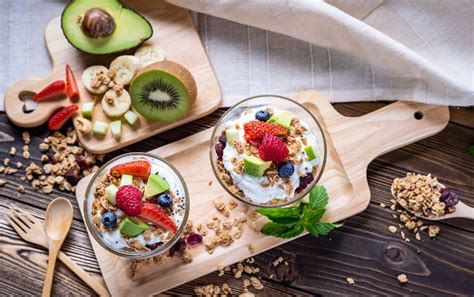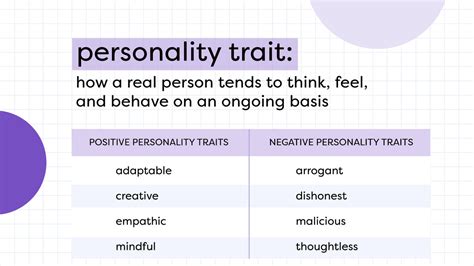What pre-workout nutrition maximizes strength and mental clarity for intense training?

Intense training demands more than just motivation; it requires a well-fueled body and a sharp mind. The right pre-workout nutrition can make the difference between a mediocre session and one where you push your limits, build strength, and maintain unwavering mental clarity. Understanding what to eat, when to eat it, and which supplements can give you an edge is crucial for maximizing your performance.
The Foundation: Macronutrient Power
Your pre-workout meal should primarily focus on providing readily available energy and supporting muscle function. This means a strategic combination of carbohydrates and protein, with fats playing a supporting role depending on timing.
Carbohydrates: Your Primary Fuel Source
Carbohydrates are the body’s preferred fuel, especially during high-intensity exercise. They are stored as glycogen in your muscles and liver, providing the energy needed for sustained effort. Opt for complex carbohydrates (e.g., oats, whole-wheat bread, sweet potatoes, brown rice) 2-3 hours before your workout for a steady release of energy. If you’re closer to your training session (30-60 minutes), simple carbohydrates (e.g., fruit, rice cakes) can offer a quicker energy boost without causing digestive distress.
Protein: Muscle Protection and Repair
Consuming protein before a workout helps prevent muscle breakdown (catabolism) and supports muscle repair and growth post-exercise. A good dose of lean protein (e.g., chicken breast, whey protein, Greek yogurt, eggs) ensures your muscles have a ready supply of amino acids throughout your session. Aim for 20-30 grams of protein in your pre-workout meal.

Strategic Supplements for an Edge
While whole foods form the cornerstone of pre-workout nutrition, certain supplements can enhance specific aspects of performance, such as strength, endurance, and mental focus.
Caffeine: Boost Focus and Reduce Fatigue
One of the most widely used and effective ergogenic aids, caffeine can significantly improve mental clarity, focus, and perceived energy levels. It works by blocking adenosine receptors in the brain, reducing feelings of fatigue. Optimal doses typically range from 3-6 mg per kilogram of body weight, consumed 30-60 minutes before training. Be mindful of individual tolerance.
Creatine Monohydrate: Enhance Strength and Power
Creatine is renowned for its ability to increase strength, power output, and muscle mass. While its benefits are accumulative rather than immediate, consistent daily intake (typically 3-5 grams) ensures your phosphocreatine stores are saturated, providing rapid energy for short bursts of intense activity. Timing isn’t as critical as consistent daily intake, but many prefer to take it pre or post-workout.

Beta-Alanine and BCAAs: Endurance and Muscle Support
Beta-alanine can help buffer lactic acid accumulation, delaying muscle fatigue and enhancing endurance during high-intensity exercise. BCAAs (Branched-Chain Amino Acids) or a full EAA (Essential Amino Acid) supplement can further support muscle protein synthesis and reduce muscle breakdown, especially if training in a fasted state or after prolonged periods without protein.
Timing is Everything: When to Fuel Up
The timing of your pre-workout meal is as important as its contents. Eating too close to your workout can lead to digestive discomfort, while eating too far in advance might leave you depleted.
- 2-3 Hours Before: A larger, balanced meal containing complex carbohydrates, lean protein, and a small amount of healthy fats (e.g., chicken and sweet potato, oatmeal with berries and protein powder).
- 60 Minutes Before: A smaller, easily digestible snack with simple carbohydrates and protein (e.g., banana and a scoop of whey, rice cakes with a small amount of peanut butter).
- 30 Minutes Before: A very light, quick energy source like a piece of fruit or a small sip of a sports drink.
Hydration: The Unsung Hero
Beyond food, adequate hydration is paramount for both physical and mental performance. Dehydration can lead to fatigue, reduced strength, and impaired cognitive function. Ensure you’re well-hydrated throughout the day and consume 16-20 ounces of water 2-3 hours before your workout, and another 8-10 ounces 15-30 minutes prior.

Practical Pre-Workout Meal Ideas
- Option 1 (2-3 hours before): Grilled chicken breast with a baked sweet potato and steamed broccoli.
- Option 2 (1-2 hours before): Oatmeal with a scoop of protein powder, berries, and a sprinkle of nuts.
- Option 3 (30-60 minutes before): A banana with a small handful of almonds or a whey protein shake.

Listen to Your Body and Adjust
Nutrition is highly individualized. What works perfectly for one person might cause discomfort for another. It’s essential to experiment with different foods, timings, and supplements to discover what best suits your body and training demands. Pay attention to how you feel during your workouts – your energy levels, strength output, digestive comfort, and mental focus – and adjust your pre-workout strategy accordingly.

Conclusion
Optimizing your pre-workout nutrition is a powerful tool for unlocking peak performance in intense training. By strategically combining complex and simple carbohydrates, lean proteins, and carefully selected supplements like caffeine and creatine, all while prioritizing proper hydration and timing, you can significantly enhance both your physical strength and mental clarity. Fuel your body intelligently, and watch your training transform.









